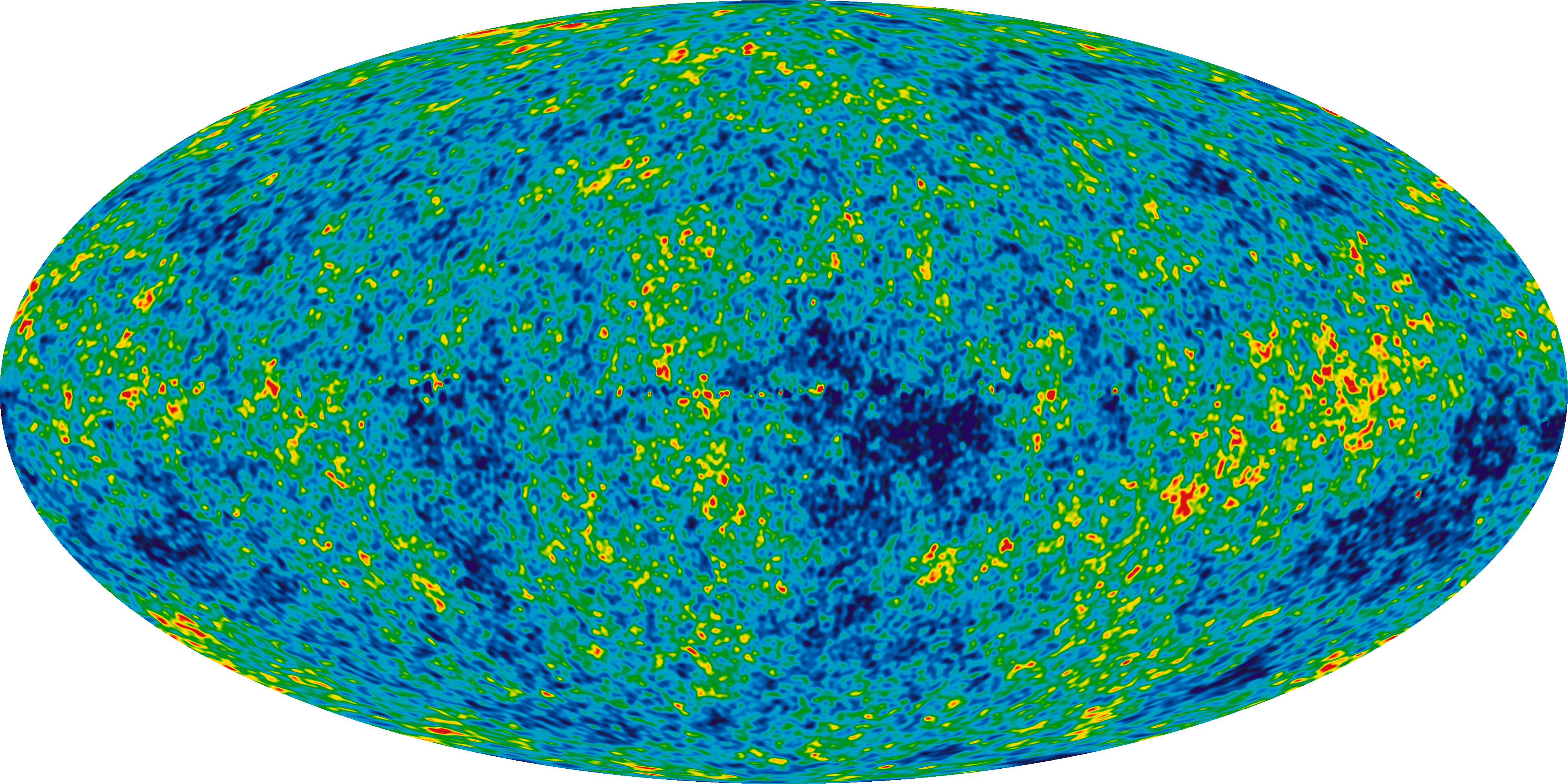- Local time
- Today, 01:27
- Joined
- Sep 28, 1999
- Messages
- 8,072
Ok Doc, I understand your argument now. So I have a simple question for you...Now Monty opens a door and shows a zonk. The probabilities MUST still add up to 1 because there IS a car back there somewhere, so the higher math types say that all of the probability that vanished from the revealed door must have gone to the other doors. It is here that mathematicians do it wrong.
The door you picked has NOT been revealed yet. One other door hasn't been revealed yet. But if you say that the unpicked door probability just became 2/3, you did something wrong because you added all of the probability from the revealed door to one door - without justifying this action. You SHOULD have added 1/2 of the original probability of the "reveal" door to each of the still-closed doors, or 1/6 to the picked door and 1/6 to the remaining door. If you do, their probabilities should be 1/2 each.
=> If you believe the odds they state are incorrect, how do you account for the fact that an empirical test confirms their odds to be true and disproves your own hypothesis?



